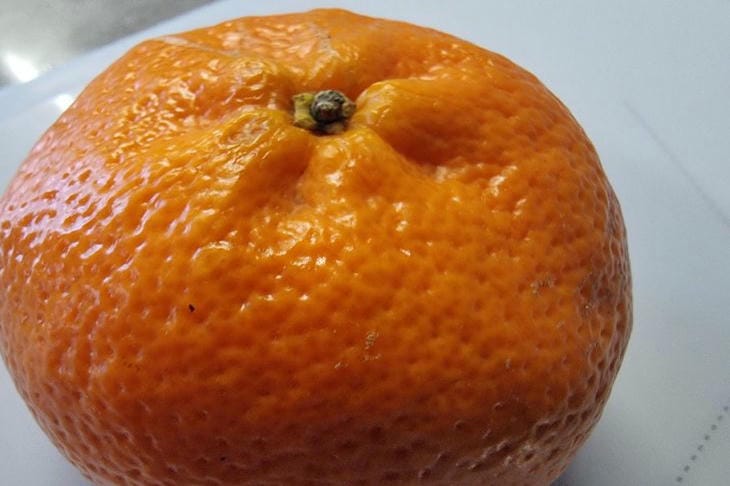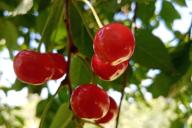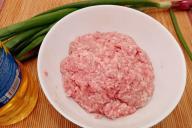The peels of citrus fruits such as oranges, lemons and tangerines can be an excellent fertilizer for your garden and houseplants.
They contain many useful substances, including vitamins, minerals and organic acids, which have a positive effect on the growth and development of plants.
In addition to nutritional properties, the bark has antiseptic properties, which helps protect plants from pests and diseases.

Making fertilizer from citrus peels
In order for citrus peels to become useful fertilizer, they must be prepared correctly.
First, the rinds need to be washed thoroughly to remove any remaining chemicals used in growing the fruit.
The crusts should then be dried, cut into small pieces and ground in a blender or coffee grinder to a powder. The resulting powder can be used immediately or stored in an airtight container for later use.
Adding citrus fertilizer to the soil
Citrus fertilizer can be used as a soil additive when planting plants or as a top dressing for already growing crops.
When planting, citrus peel powder should be mixed into the soil to ensure even distribution of nutrients.
To feed plants, the powder can be scattered around the roots and lightly mixed into the soil.
Watering plants with citrus peel infusion
In addition to using powder, citrus peels can be used to make an infusion. To do this, dry peels are poured with warm water and infused for several days.
The resulting infusion is filtered and used to water plants.
This method allows plants to receive all the useful substances in an easily digestible form, which promotes their rapid growth and strengthening of the immune system.
Pest Control with Citrus Peels
Citrus peels are also effective in pest control. The essential oils in the peels have repellent properties and help protect plants from insects.
To do this, you can spread fresh or dry bark around the plants or prepare a spray by soaking the bark in water and spraying the leaves and stems with the resulting solution.
Composting Citrus Peels
Another way to use citrus peels is to add them to your compost pile. The peels speed up the decomposition of organic matter and enrich the compost with useful substances.
It is important to remember that the crusts should be shredded before adding to the compost to speed up their decomposition. It is also recommended to mix the crusts with other organic materials such as grass, leaves and food scraps to ensure a balanced composition of the compost.
Effect of citrus fertilizer on different types of plants
Not all plants respond equally to citrus fertilizer. Indoor plants, vegetable crops and flowers respond especially well to this fertilizer.
However, for some plants, such as orchids and some types of cacti, citrus fertilizer may be too acidic.
Therefore, before using citrus peel fertilizer, you should consider the needs of the specific plant and adjust the dosage if necessary.








